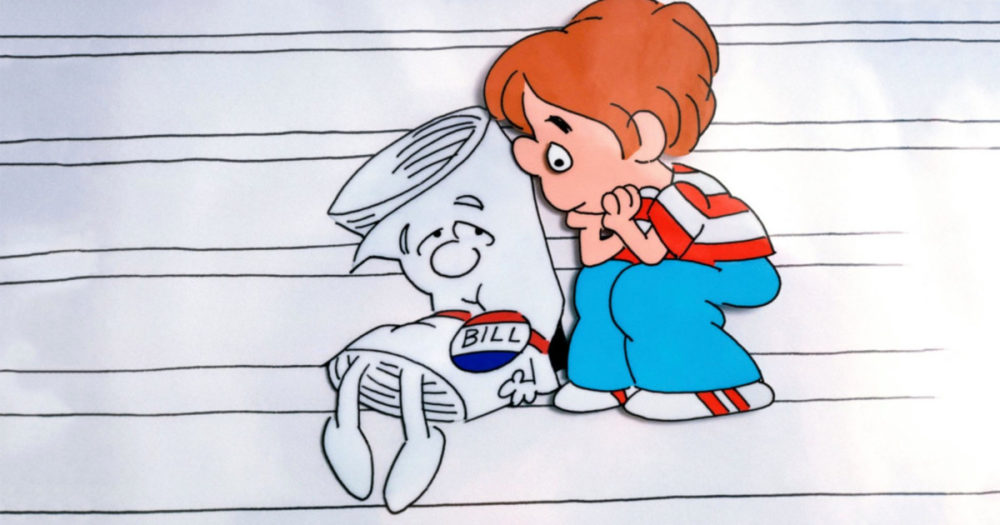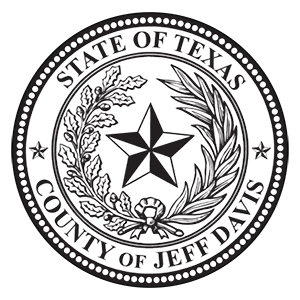These aren’t meant to be in depth recaps of everything that goes on in our monthly meeting – that would be too long and sometimes boring. Instead I’m just going to try and give you my take on some of the things we do.
1) We’ve got to do something about the mics and sound in the courtroom. I know it’s very difficult, sometimes impossible, for the public to hear what we’re saying. It’s hard for me to sometimes hear what Commissioners Adams and Evans are saying, so I know it’s gotta be very frustrating for the gallery. Even though the sound system is used by all the various entities that use the courtroom (JP, County, State, District, etc.) it’s the Commissioners Court that is responsible for the system. I’m going to personally look into this and see if there is something we can do prior to the next meeting. I hope we can address this without a big expense.
2) The heavy early summer rains have created some issues with county roads. Our road contractor, Jarratt Dirt Work & Paving, is working up some specs for dealing with some of these issues and will present them at the next Court meeting. Jeff Davis County does not have its own road maintenance dept. Compared to other counties in Texas we do not have a lot of county road mileage and a standing road crew & equipment would be cost prohibitive to our meager revenues. Instead we contract with Jarratt to provide these services on an ad hoc basis. This works to save the county money and Jarratt has been extremely responsive and economical for us, and they know all the roads and where the likely trouble spots are. I’ve learned that the process for addressing constituents’ concerns about road maintenance is to bring those concerns to me, I contact Jarratt, they look at the problem. If it’s a quick fix and within his contracted scope he may fix it right away. If it’s a bigger situation requiring a separate maintenance fee it will need to be brought before the Court as an agenda item.
3) There will be the final public meetings of the TXDOT “master plan” for Hwy 67 Corridor this summer. They are doing these in all the towns including FD. Ours is on July 26 in the Elementary School gym (there will be a notice in the paper closer to the event with details). I was at the previous one and it seemed like there was more TXDOT staff and consultants there than the public. Although US67 doesn’t run through FD we are definitely affected by it. The mobile homes from Ojinaga/Presidio must travel through Jeff Davis County because the overpass in Alpine will not accommodate the height. Other large equipment comes through here as well. TXDOT keeps telling us that “this is all just ideas at this point, we don’t have any plans to do anything” but I find it hard to believe they’re spending all this money just to spitball ideas. Something’s gonna happen. They want our input. We should give it to them. This is very important for the long-term future of Jeff Davis County. Be involved!
4) A few agenda items presented a “theme” of sorts in the meeting that had to do with autonomy offices of County elected officials have regarding spending money within their budget. This came up in an agenda item from the County Clerk (with input from the Treasurer) on revising procedures for paying jurors, and two agenda items from the County Attorney – one regarding purchasing office furniture and the other regarding an unwritten “policy” regarding starting salaries for employees that is impacting our ability to attract and retain excellent county employees, and is apparently not written anywhere in the Jeff Davis County Employee Handbook.
Specifically regarding the furniture that the County Attorney was asking to purchase from her outgoing assistant, it was my understanding from Ms. Todd’s presentation of the agenda item that those funds would come from the County Attorney’s current budget; that she wasn’t asking the County to outlay any additional funds to her office. I specifically asked “So this is from your budget?” “Yes, it is,” she replied. That’s why I moved to approve but it died without a second. It’s probable there was some misunderstanding with the other commissioners about where these funds were to come from and that’s why they didn’t offer a second. Later in the week I spoke to Ms. Todd and she confirmed that the funds were in her budget, that she was not asking for additional funds. I thought that was clear from her answer to my question but in retrospect I perhaps should have pursued that for further clarity of the entire court.
County government was specifically constructed under the Texas Constitution to be comprised of multiple autonomous elected officials and departments, so that no one department or individual could become too powerful. My understanding is that the oversight and role Commissioners Court has regarding other county elected officials’ departmental finances is primarily when setting their budget. The purse is absolutely a powerful tool. Once the budgets for these offices is set it should be up to the elected officials to be responsible for these funds and spend them properly according to and within their budget. My position (and I believe the law) is that these officials and departments have the responsibility and the right to use their currently budgeted funds in the way they see fit to make their office work best to perform their duties and in the public interest. They must also be transparent and accountable in how those funds are being spent. The best case is a budget surplus at the end of a fiscal year. That shows both the Court and, more importantly, the taxpayers that an office is demonstrating fiscal responsibility. If they spend unwisely their budgets can be adjusted by the Commissioners Court next fiscal year. And we are all accountable to the voters next election.




